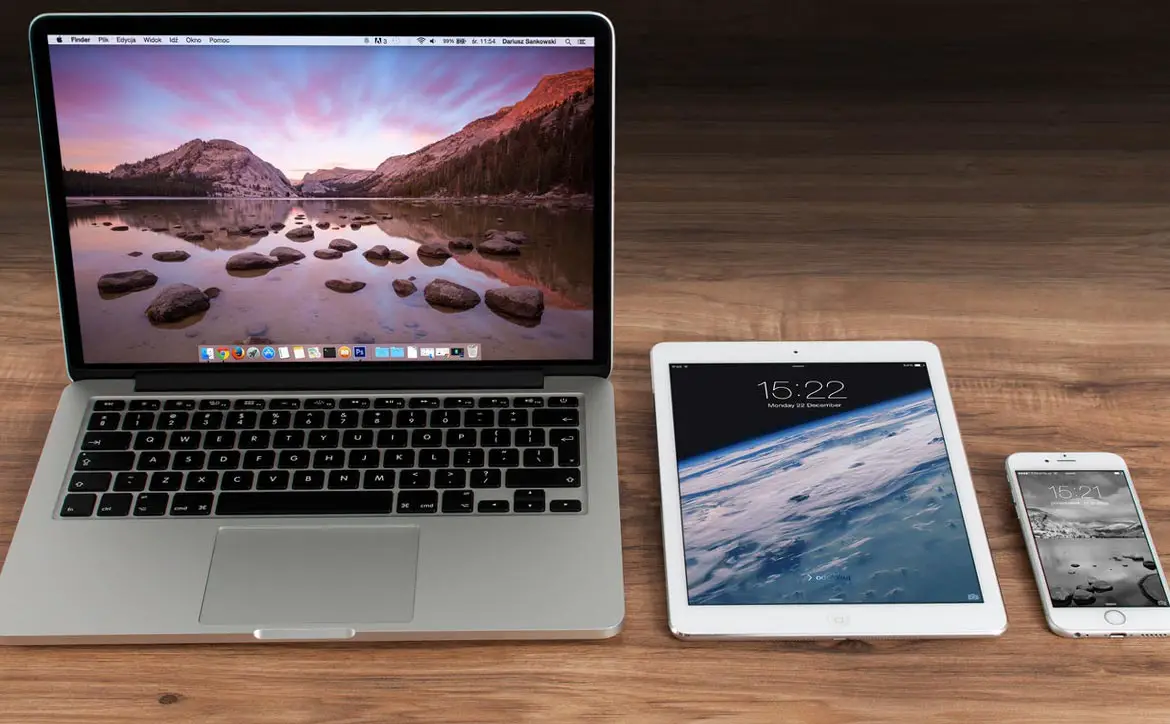If you are in the market for a new tablet or computer, you probably have many questions and research to do. It can be hard to figure out what exactly you want in your new piece of technology. There are so many brands, features, and price points, and deciding which is best for you can be challenging. While it is not possible to go through every single tablet and computer option available to you, it is possible to narrow down some of your choices, so you have a better idea of what you are looking for.

Think about when you are going to use it the most
The first thing to do is to think about when you will use your device the most. If you are only planning on using your system when you are at home and sitting in your office or spare room, you will probably want a computer since you do not need to transport it around regularly. On the other hand, if you need this device both at home and while on the go, then a tablet is the better option.
You can easily transport tablets in backpacks and briefcases and can bring them on planes, too. They are also lighter than computers. There is a rugged tablet option for times when you need to use them in all environments, such as when there’s a lot of rain or dust around. Tablets are designed to be more portable and may be more durable as well.
Figure out what size you want
One of the key differences between computers and tablets is in their size. In general, tablets are usually smaller than desktop computers. This includes both the screen size and overall size. For example, the average screen size for a desktop computer is 17″, but a desktop computer also includes a computer case, which is 18″x7.5″ on average. Tablets are typically much smaller, with the screen sizes ranging from 5″ to 10 long. Additionally, tablets may come with an external keyboard, but they do not take up a significant amount of space, so their overall size is still small.
While you will probably spend a lot of time looking at these screens, both pieces of technology have the capability to hook up to external displays, which can be larger. For example, a tablet with a 7″ screen can connect to a projector with a 100″ long screen. A computer could also connect to a larger screen as well if needed. If you are going to be working on a large project with lots of reports and resources, you may opt for a computer with a large screen; however, if you are looking just to browse the web, send some emails and occasionally watch a movie with your family, then a tablet may be more ideal.
Determine how much storage you need
Your computer or tablet can store a lot of data, but they do have their limitations. Most computers have much larger internal storage capabilities than tablets. Tablets are small and light at the expense of not having as much storage. A computer’s hard drive may have between 250 gigabytes (GBs) to one terabyte of memory, whereas a tablet’s memory may only range from 8 GB to 128 GB. Though there are options for external storage, it is not as convenient and easy to access as built-in storage.
Things that take up a lot of storage on devices include software applications, photos, movies and music. If you know that you have a lot of photos and music and will use many applications, you may quickly find yourself running out of space on a tablet, but it would be good to go on a computer. If you mostly anticipate using your device for things that do not take up a lot of memory, such as documents and email, you probably will not run into any storage issues on either device.
